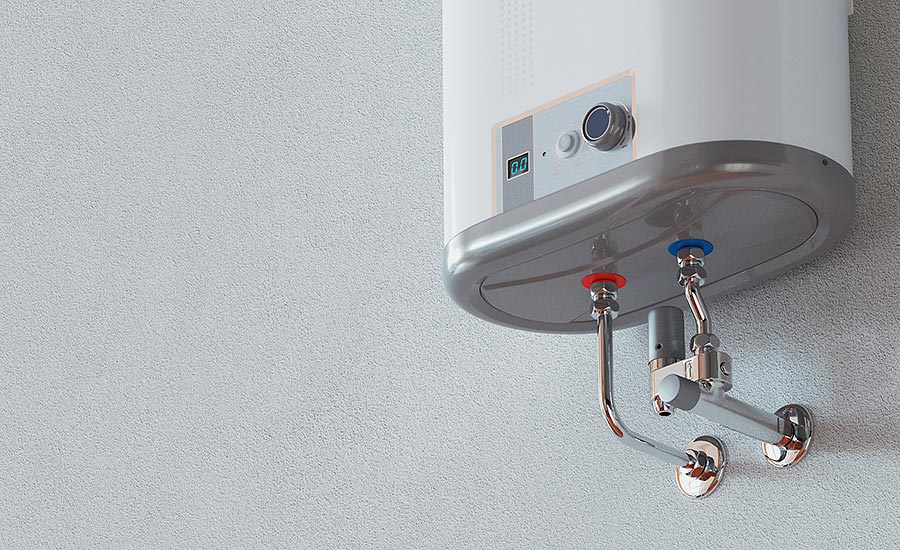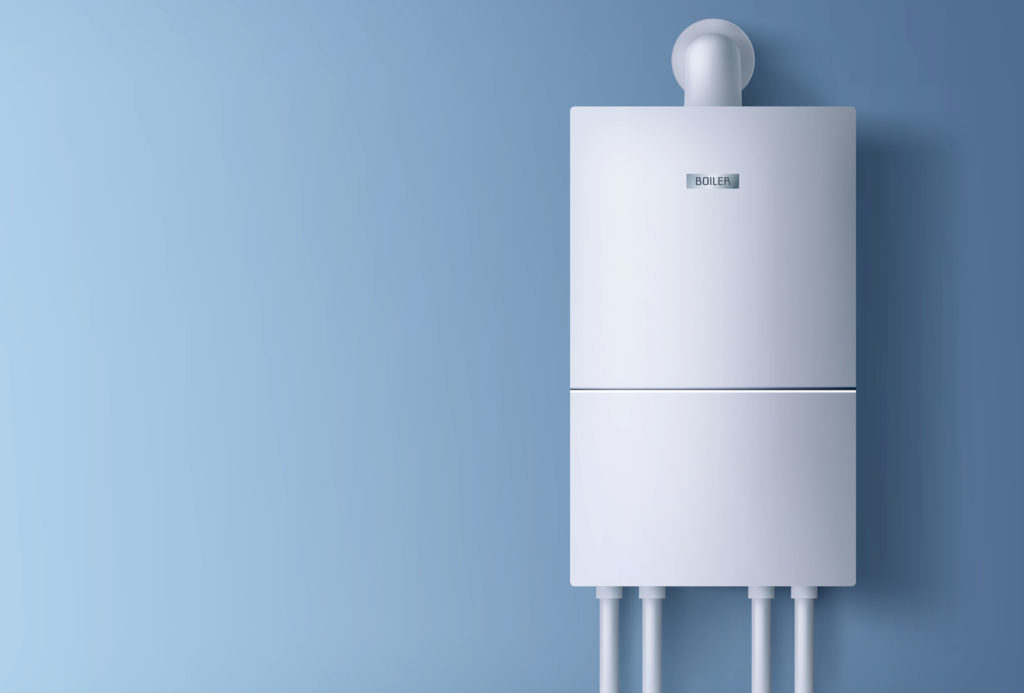Water heaters play a significant role in any home. You use them for hot water every day when taking a shower, washing hands, or washing dishes, among other tasks. And, a slight failure can mean a significant inconvenience in the way you run your home. That’s why it’s essential when your water heater needs repair or replacement. Here are several signs that your water heater needs attention.
Age
The age of your water heater plays a significant role in the performance of your water heater. The older it is, the higher the chances it has of experiencing problems. Water heaters have a lifespan of eight to twelve years. But, with the heater’s proper maintenance, it’s possible to push the heater’s lifespan. However, after eight years, it’s high time to replace the water heater, mainly because it may not be efficient. A new heater will save you money and heat water faster, which translates to more efficiency.
If you aren’t sure about the age of your water heater, you can check the serial number. But, if the sticker doesn’t have a date, you plug the heater’s serial number into the heater’s manufacturer’s website.
Leaks
You not only face leaks; but also wet furniture, walls, carpet, and other belongings. Wet property can also lead to invasive mold. Some of the reasons your water heater may leak include:
- Expansion issues
- Loose connections
- A leaking overflow/pressure pipe
While the leaks may be too small to spot, it’s always good practice to inspect the tank regularly. Also, ensure you address the leak issue immediately.
No Hot Water
The primary purpose of a water heater is to produce hot water. And a heater without hot water indicates that there’s a problem that needs to be fixed immediately. Some of the reasons why your heater may not be producing hot water include:
1. Thermostat Settings
One primary reason your water heater isn’t producing hot water might be the thermostat settings. You may have set the thermostat incorrectly or accidentally left it in a lower setting. You could have also moved to a house with a thermostat that hasn’t been set. Ideally, a heater thermostat should have a set temperature of 120 to 140 degrees.
Once you set the thermostat, give the heater between 30 minutes to an hour before checking the water temperature.
2.Heating Element
Another reason why your water heater isn’t producing hot water might be due to its heating element. The tank’s heating element may have given out or has a bad connection. If this is the case, ensure you call a professional to replace and check if all the elements are working appropriately.

3. Location of your Tank
If your water tank is located in an uninsulated area or outdoors, the cold weather can affect the water temperature. If your problem is the location of your water tank, you may have to find ways to protect your pipes or tank from the cold air.
Loud Noises
Water heaters should make little noise. But, if you do notice loud or strange noises coming from the tank, then this is an issue that will require attention sooner. Rumbling, knocking, or clanging noises mean that there’s an accumulation of sediment at the bottom of the tank. This sediment will make it difficult for the water heater to run efficiently.
If the sediment continues to build up, it can also clog your drain valve. Flushing your water tank regularly not only enables the heater to run efficiently; it also extends the heater’s life.
Rust
Rust is another warning sign that your water heater requires immediate attention. If you spot any rust on the exterior part of your water inlet, this could indicate that rust has also started forming on the interior portion of the tank. Unfortunately, rust has no long-term remedy, so you may end up having to replace your heating unit as soon as possible. Replacing your heater reduces the risk of water damage.
By paying attention to the above signs, you get to fix the problem or replace your heater with a new one.






